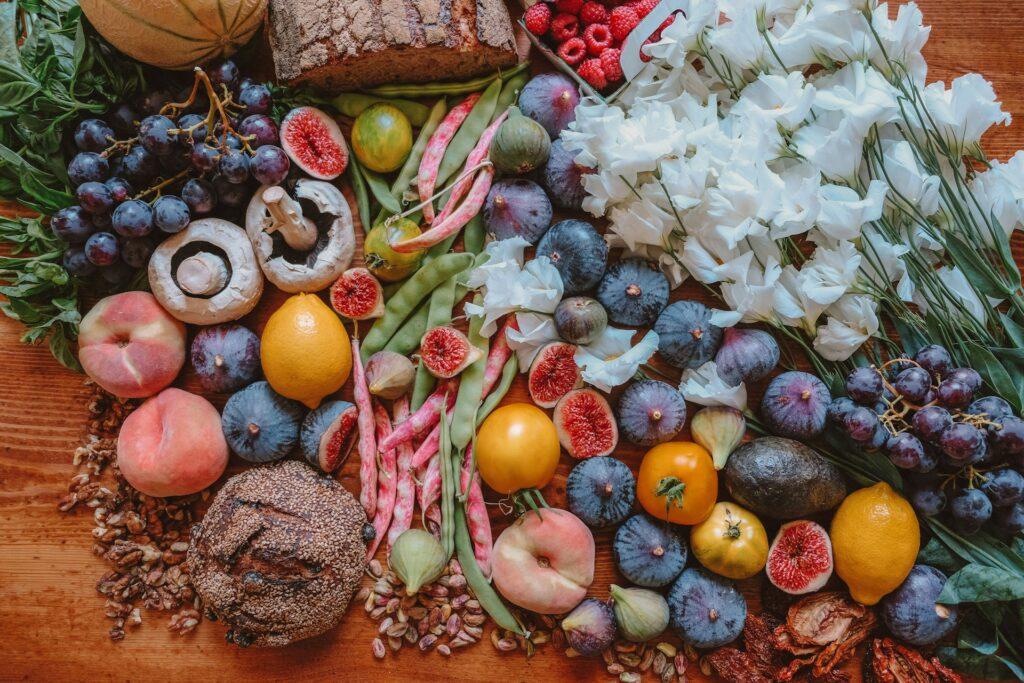Households are more wasteful with ready meals
According to the latest research results of the Nébih Maradék sélen program, the decreasing trend of food waste that has been going on for years has been broken. The survey conducted in the fourth quarter of 2023 examined the habits of almost 1,400 consumers in 501 households. Ready-made meals continue to top the list of food waste, followed by vegetables and fruits, as well as bakery products. In order to further examine the trend, the possibility of applying for this year’s survey has already opened. The amount of avoidable waste can be reduced with more conscious consumer behavior, the key to which is attitude formation. The Nébih No Leftovers program plays a decisive role in this, as well as initiatives such as the World Day Against Food Waste.

September 29 is the World Day against Food Waste: an ideal opportunity to take a closer look at the domestic situation of the amount and composition of household food waste. The National Food Chain Safety Office’s (Nébih) No Leftovers program began studying this issue in 2016, and has been regularly measuring its progress since then.
During the most recent survey, the researchers summarized the data of a total of 1,388 consumers in 501 households across the country in order to find out how much of which foods Hungarians throw away, as well as how the food waste is used. Based on the results of the research conducted between November and December 2023, the reduction of household food waste in Hungary stopped last year. Moreover, compared to the same period in 2022, the average annual amount per person increased by two kg to 62 kg.
Almost all of the two-kilogram increase is due to the so-called it appeared in the area of avoidable food waste, i.e. clean waste. The majority of food waste (82.51%) is still made up of prepared foods, fresh vegetables and fruits, as well as baked goods and dairy products, although the population has become much more aware of baked goods compared to 2016. It is encouraging that 82% of those who took part in the survey feel that they could further reduce their food waste. In addition, it is also welcome that composting continues to maintain the popularity it has gained in recent years: more than half of households compost in some way.
Related news
Controlled propagation material against the spread of grapevine golden yellows
🎧 Hallgasd a cikket: Lejátszás Szünet Folytatás Leállítás Nyelv: Auto…
Read more >Related news
ZEW: Economic expectations worsened in Germany and the euro area in February
🎧 Hallgasd a cikket: Lejátszás Szünet Folytatás Leállítás Nyelv: Auto…
Read more >








